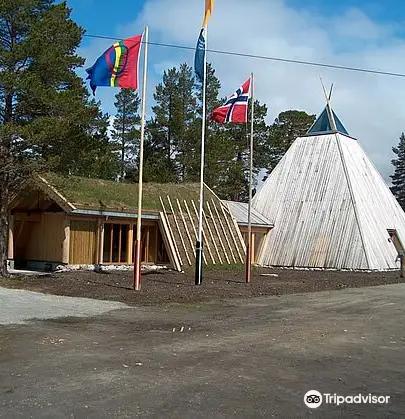Destination: Elga Destination: Elga
01/11/2021 By RuneLite
Workers arrive at the Elga coal mine in Russia’s Far East region of Yakutia after a more than week-long journey from their homes in western Siberia, which included multiple train trips and a stint in quarantine.
Over a 38-year career, Vladimir Khripkov has helped build some of Russia’s most challenging mines. He has dug new mines from scratch and managed a project in frigid Magadan, a region first mined in the 1930s by prisoners of the gulag camps. His speech is peppered with grisly stories from the past.
Nevertheless, his new post as Elga’s quarry director seemed a step beyond. Several people advised him not to take the job.
“I can still turn around,” Khripkov said while en route to Elga for the first time. “I’ll take a look at what’s there, and I may decide not to stay.”
With an estimated 2.2 billion metric tonnes of coal, Elga could be one of the biggest mines in the world. But the harsh climate, unforgiving terrain and sheer isolation of the area have conspired against its large-scale development so far. Winter temperatures can slip below minus-60 degrees Celsius, or minus-76 degrees Fahrenheit. Snow cover holds for eight to nine months of the year.
Attempting to turn it into a large-scale mine helped bring Elga’s previous owner to the brink of bankruptcy.
Mechel, a mining firm controlled by Igor Zyuzin, bought the license to develop Elga in 2007, spending $2.3 billion to acquire it as part of a regional coal complex. It invested a further $1 billion developing Elga.
Founded in 2003, Mechel spent its early years aggressively buying up metals plants and the coking coal mines that could supply them. By the time the 2008 financial crisis hit, Mechel had taken on $5 billion in debt.
Global coal prices began to slump in 2011. By 2013, Mechel’s debt level had almost doubled.
In 2020, Zyuzin decided to sell. Enter Elga’s unlikely new owner, Albert Avdolyan, who made his money in telecommunications. His investment firm, A-Property, bought Elga for $1.9 billion.

Avdolyan, an early investor in mobile broadband in Russia, co-founded the Yota start-up in 2007. Five years later, the firm struck a profitable deal for its sale to Megafon, the country’s second-biggest mobile phone operator.
Since then, Avdolyan, 50, has targeted companies in crisis – including an indebted fertilizer producer and a natural-gas company in the Yakutia region whose previous owner was arrested on embezzlement charges, which he denies.
A-Property plans to invest a further $1.7 billion on Elga’s development and sees it as part of a far eastern industrial cluster, together with the gas producer, another coal mine and a coal-loading port on the Sea of Japan.
The scale of Avdolyan’s vision is huge: Elga’s new managers have been tasked with lifting output from 4 million tonnes of coal in 2019 to a staggering 45 million tonnes by 2023.
That goal is overly ambitious, said Maxim Khudalov, an analyst and former director at the ACRA ratings agency. “There are so many restricting factors ... that will get in the way of Elga’s plans,” he said.
From the need to expand the railroad connecting Elga to the world to the limits on what federal railways are able to transport and ports able to load, Khudalov said, many factors were beyond A-Property’s control. He predicted that around half the company’s coal production goal is a realistic forecast.
Although it described its plans as ambitious, the company says it is completely on track. Its output last year was record-breaking for Elga, a spokeswoman said. It produced 230% more coal in the first three months of this year than the same time last year, another record.
Khripkov, Elga’s new mining director, said he’d left retirement to take on this new job. Perhaps if his hobby of cultivating 40 types of roses had kept his attention, he’d have stayed away. As he was driven to the Siberian town of Tynda, where he would meet and board the train to Elga for the first time, he wasn’t sure when he’d be returning home.
Talking with his driver as the road to Tynda gradually turned from asphalt to a mixture of gravel and ice, Khripkov asked about the winters that awaited him in this part of the world.
“We survived where even the mammoths died out,” the driver replied.